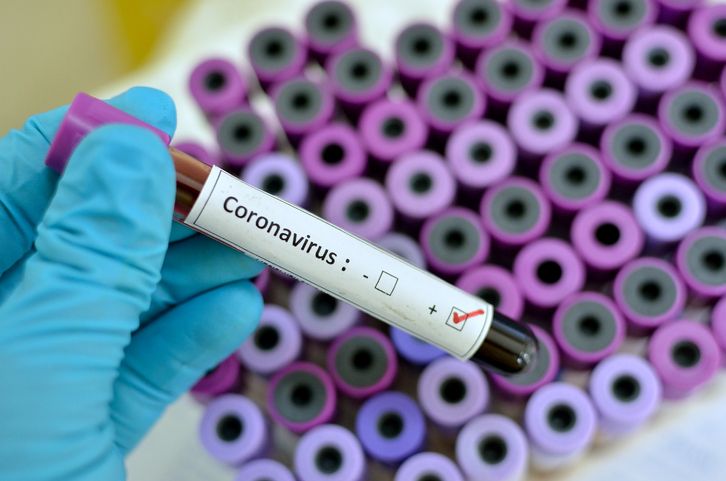The Mistery of Libya’s Looted Money, And The Economic Manipulation Of International And Military Interests In The Country
Since 2016, Moscow has reportedly printed over $9 billion in Libyan money (dinars) for Haftar and transported it through the EU state of Malta.
HROMADSKE reported that last month, the Maltese government seized $1.1 billion in “counterfeit Libyan currency” printed by Russian state company Goznak, which manufactures banknotes.
In response, the US Department of State issued a statement, praising the authorities and denouncing the currency as “counterfeit” and “ordered by an illegitimate parallel entity.” It stated that the Central Bank of Libya in Tripoli is Libya’s only legitimate central bank.
Russia rejected the US statement, saying Libya has two central banks – one in Tripoli and one Haftar-controlled in eastern Libya.
The Libyan Central Bank gets the country’s banknotes also printed abroad and shipped through Malta. Apart from occasional crackdowns, a tiny EU island-state allows the transit of both official and Russian-made Libyan dinars. Why? Corruption and the migration crisis. According to the Central Bank of Malta, the local illegal economy — mainly smuggling — produces 21% of GDP.
In 2011, just before Gaddafi was ousted, British authorities seized equivalent to 1.86 billion pounds of dinars, printed as part of a contract with the leader. This was done by British company De La Rue, the largest banknote producer in the world and Goznak’s biggest competition. After that, Libya’s Central Bank manager switched to the rebel side, the country ran out of cash and the people overthrew the dictator.


